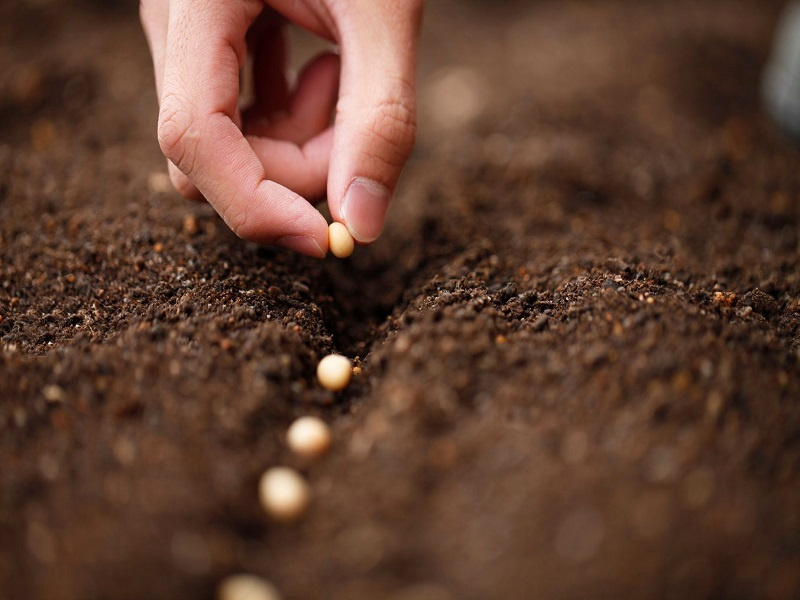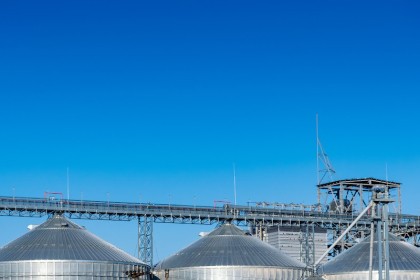
How We Develop New Products To Protect Crops
Pesticides – products protecting crops against weeds, insects and diseases – are some of the most regulated products in the world. We must show that a new product is safe for workers, the environment, crops and food. We also consider the economic benefits for farmers
Our research process begins with discovering potentially useful chemical compounds. On average, scientists need to screen thousands of compounds to eventually bring one new product to market.
Initial screening cuts the number of potential compounds down for further profiling. Eventually, a small number are ready to be evaluated for possible registration.
Each product undergoes extensive trials to gain regulatory approval, and research data is evaluated by independent authorities.
Trials can involve more than a hundred studies covering toxicology, metabolism, residues, ecotoxicology, physical-chemical properties and environmental impact. The studies required for regulatory approval are performed to internationally agreed test guidelines.
Regulation of crop protection products
All aspects of the crop protection industry are regulated – production, manufacturing, distribution and usage instructions as well as the setting of allowable residue levels in food (known as maximum residue limits or MRLs). Products are comprehensively tested and evaluated before being approved for registration and sale.
To register a product for use in a specific country we must demonstrate it meets the regulatory standards of that country, that it is safe for workers to use, and that it has no adverse effects on the environment, crops, or the food that will eventually be produced.
Generally, more than 100 studies are needed. Regulatory authorities evaluate our data over two to four years.
Regulation of biotech crops and seeds
All genetically modified (GM) crops are exhaustively assessed for safety to humans, animals and the environment before receiving regulatory approval for use in a specific country. In some countries, approvals are time limited and must be renewed periodically. Regulations can vary widely and are subject to change, and the scope of data required for approval continues to increase.
For other agricultural products and services, click here.












